Why Is My Cat Drooling After Deworming? Causes and Care Tips
Noticing your cat drooling after administering deworming medication can be unsettling. While often temporary, understanding the causes helps ensure your pet’s safety. As a veterinarian with 12 years of clinical experience, I’ve guided countless pet owners through this common post-treatment reaction.
Primary Causes of Post-Deworming Drooling in Cats
Oral Irritation & Bitter Taste: Most dewormers (especially liquid/paste formulations like Pyrantel Pamoate or Febantel) have an intensely bitter flavor. Cats have highly sensitive taste receptors (von Ebner’s glands), triggering excessive salivation as they attempt to clear the unpleasant taste. This accounts for approximately 70% of mild drooling cases.
Mild Nausea: Dewormers disrupt parasites’ nervous systems or metabolism. This process can cause transient gastrointestinal upset in some cats, leading to nausea and subsequent hypersalivation. Signs usually emerge within 2-4 hours post-treatment.
Stress Response: The administration process itself – restraint, pilling, or syringe-feeding – is inherently stressful for many cats. Stress and anxiety are well-documented triggers for drooling (ptyalism) in felines.
Gag Reflex Stimulation: Deworming tablets or pastes can accidentally touch the back of the throat or tongue base during administration, stimulating the gag reflex and causing immediate, sometimes profuse, drooling.
Rare: Allergic Reaction or Toxicity: While uncommon, hypersalivation can signal an adverse reaction, especially if paired with vomiting, diarrhea, lethargy, or difficulty breathing. Incorrect dosing significantly elevates this risk. Immediate veterinary attention is critical.
Veterinary-Approved Care Tips for Your Drooling Cat
· Offer Fresh Water: Ensure clean water is readily available. This helps clear residual medication taste and prevents dehydration from fluid loss via drool. Use wide, shallow bowls to avoid whisker stress.
· Provide Bland Food Temporarily: If nausea is suspected, offer a small amount of plain boiled chicken or a veterinary-recommended bland diet (e.g., Hills I/D) 1-2 hours after treatment. Avoid dairy.
· Minimize Stress: Create a quiet, comfortable recovery space. Use synthetic feline facial pheromone sprays (Feliway) to promote calmness. Avoid unnecessary handling immediately after dosing.
· Check the Mouth Gently: If drooling persists beyond 6 hours, calmly examine your cat’s mouth for any foreign objects, sores, or obvious irritation using a flashlight. Do not force if resistant.
· Use Appropriate Formulations: For future treatments, request flavored chewables (e.g., Profender, Milbemax) or discuss injectable dewormers (e.g., Ivomec under strict vet supervision) with your veterinarian to bypass the taste issue.
· Improve Administration Technique: For oral meds, place the pill or syringe tip behind the canine teeth towards the back of the tongue, then immediately close the mouth and gently stroke the throat to encourage swallowing. Follow with a small water chaser via syringe if tolerated. Pill pockets often mask taste effectively.
When Drooling Warrants Immediate Veterinary Attention
Contact your vet or an emergency clinic urgently if drooling is accompanied by:
· Persistent Vomiting or Diarrhea (more than 2 episodes)
· Severe Lethargy or Weakness
· Loss of Appetite (beyond 24 hours)
· Difficulty Breathing or Swelling (face, lips, throat)
· Tremors, Seizures, or Loss of Coordination
· Excessive Drooling (soaking fur, continuous dripping) lasting over 12 hours
Prevention for Future Deworming
· Discuss Medication Options: Always consult your vet before deworming. Provide your cat’s full medical history and current weight for accurate dosing. Ask about the least aversive formulation.
· Pre-Treat for Nausea: For cats with known sensitivities, your vet may prescribe anti-nausea medication (e.g., Cerenia - maropitant citrate) to administer 1-2 hours before the dewormer.
· Pair with Food: Administer oral dewormers with a small meal (unless specifically contraindicated on the label) to coat the stomach and reduce taste exposure.
· Desensitization Training: Practice handling your cat’s mouth and simulating pilling with treats well before actual medication is needed. This reduces administration stress.
Conclusion
Mild, transient drooling after deworming is frequently linked to the medication’s unpleasant taste or minor stomach upset and typically resolves within several hours. Diligent monitoring and providing supportive care (water, quiet, bland food) are usually sufficient. However, recognizing the red flags – profuse drooling, vomiting, lethargy – is paramount for your cat’s safety. Never hesitate to contact your veterinarian if you observe concerning symptoms or if drooling persists beyond a reasonable timeframe. Responsible parasite control involves both effective treatment and vigilant post-administration observation. Schedule a follow-up fecal test 2-4 weeks post-treatment as advised by your vet to confirm parasite eradication.

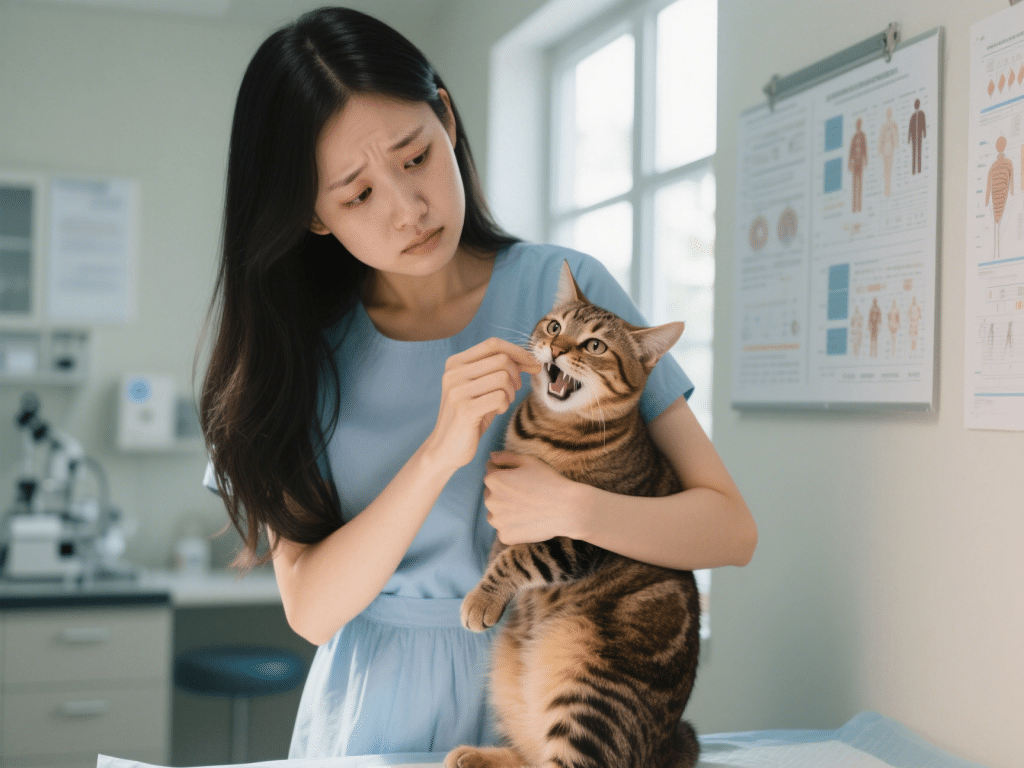
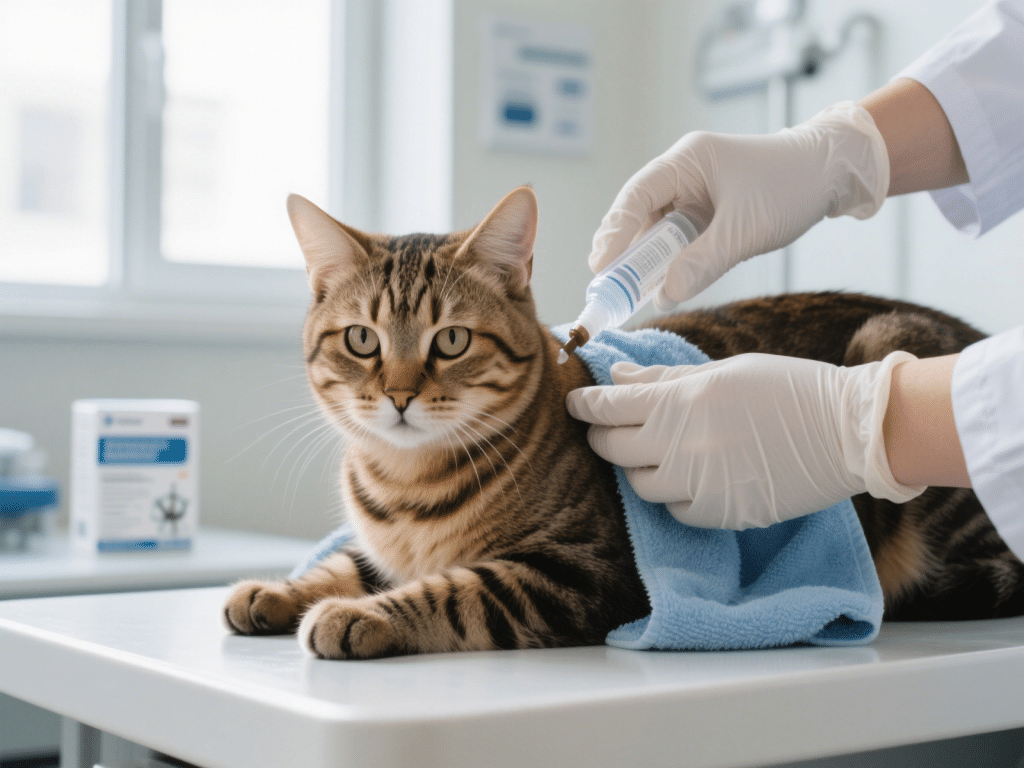
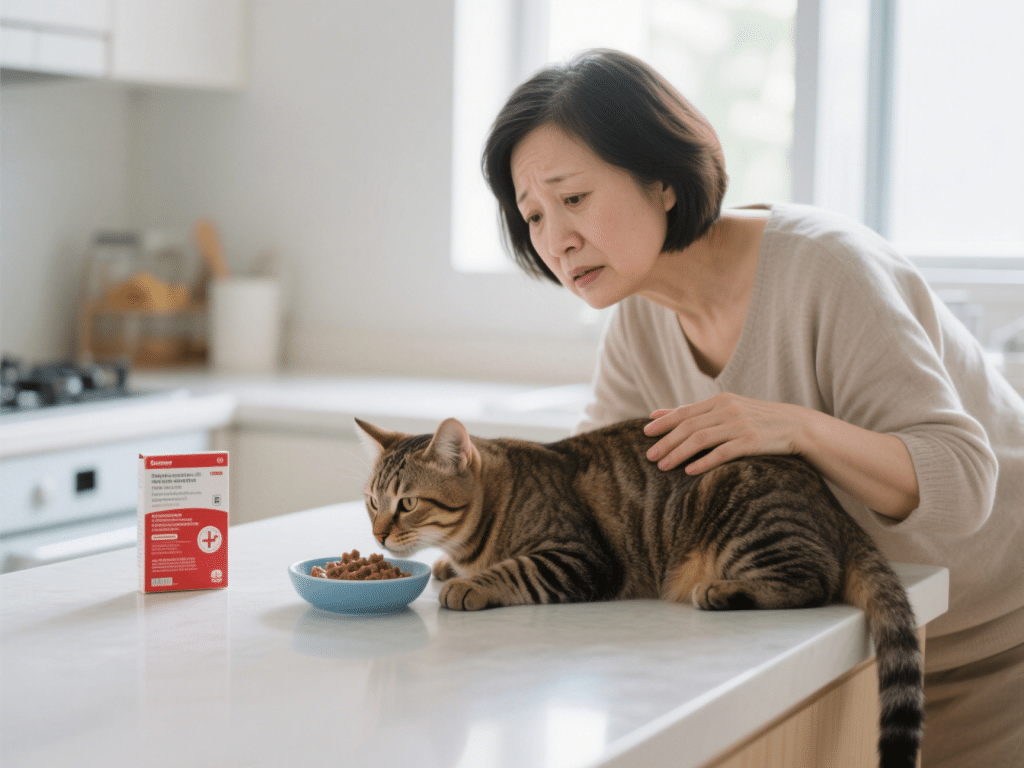
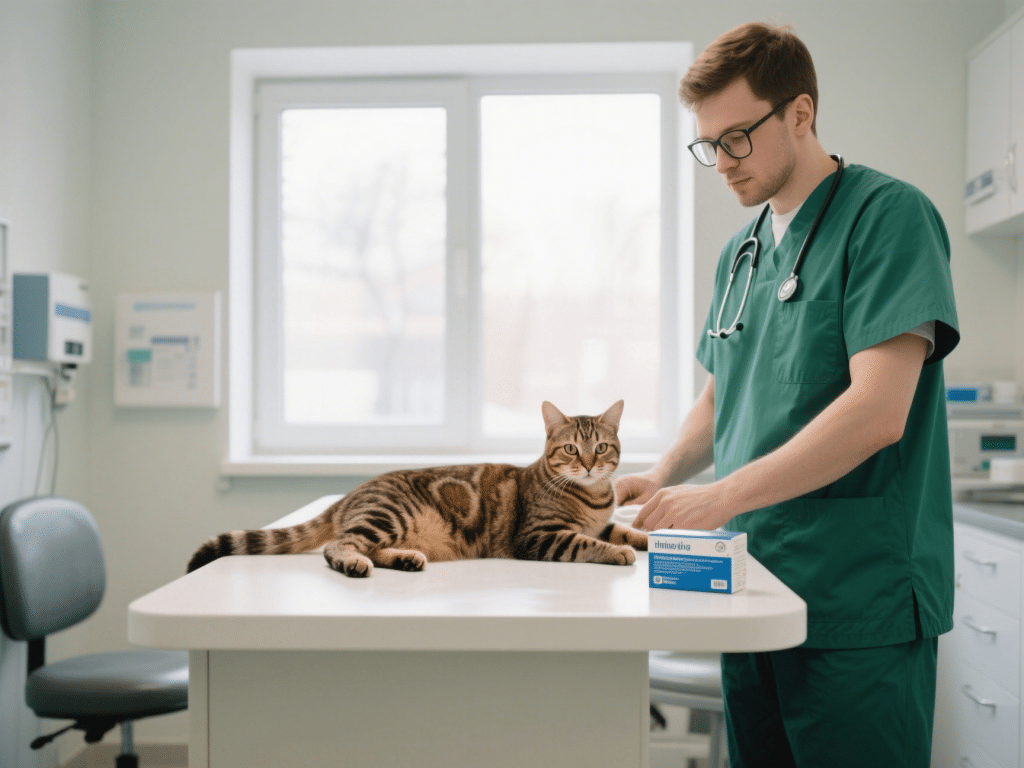
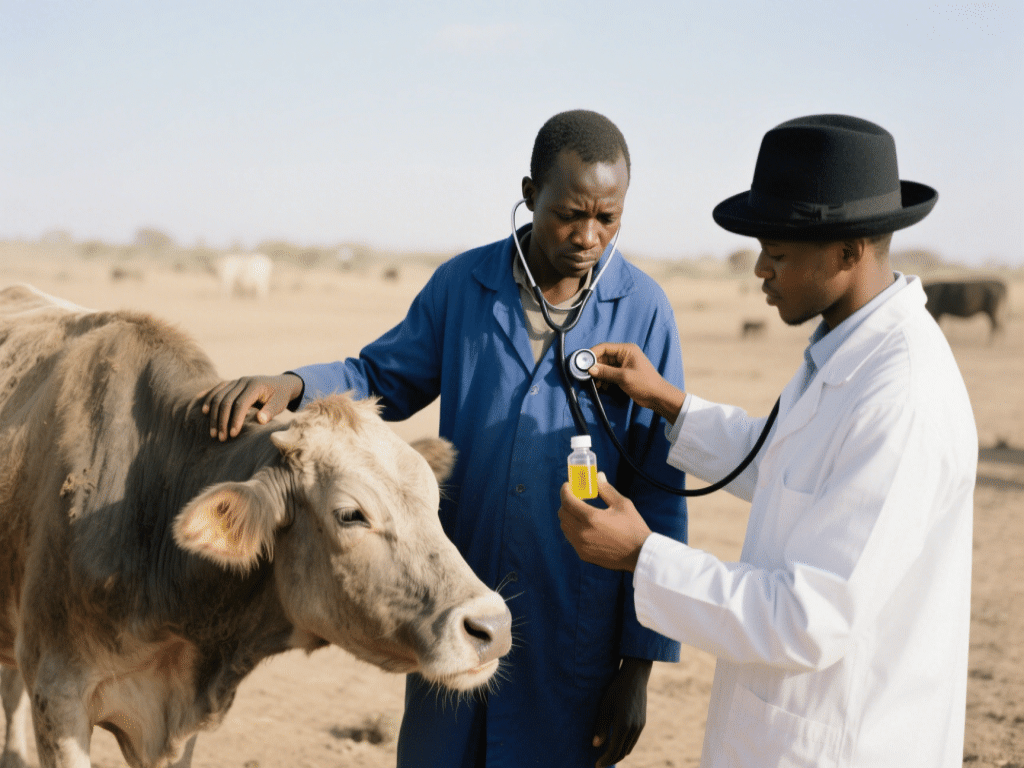
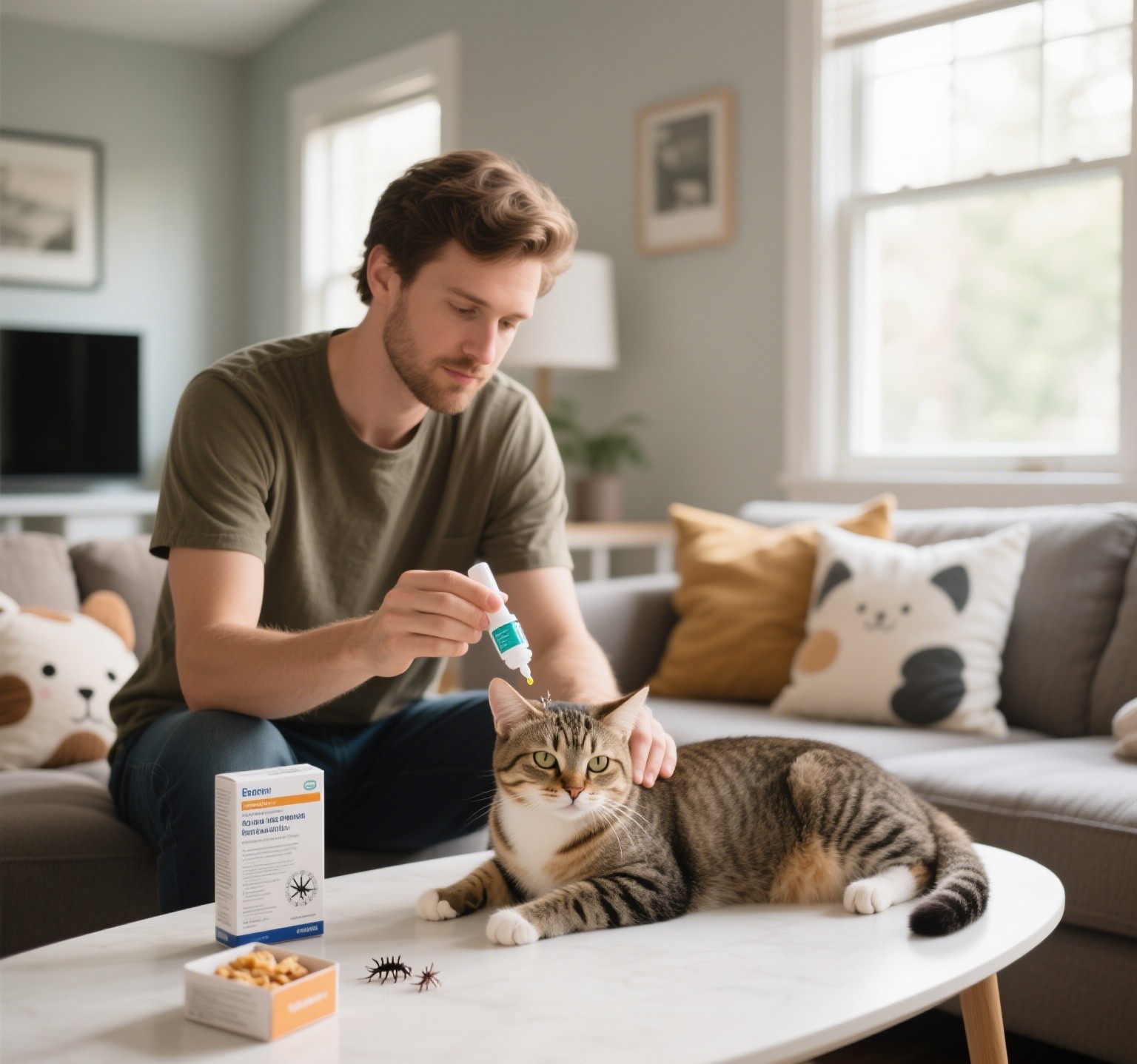
Comments on " Why Is My Cat Drooling After Deworming? Causes and Care Tips" :